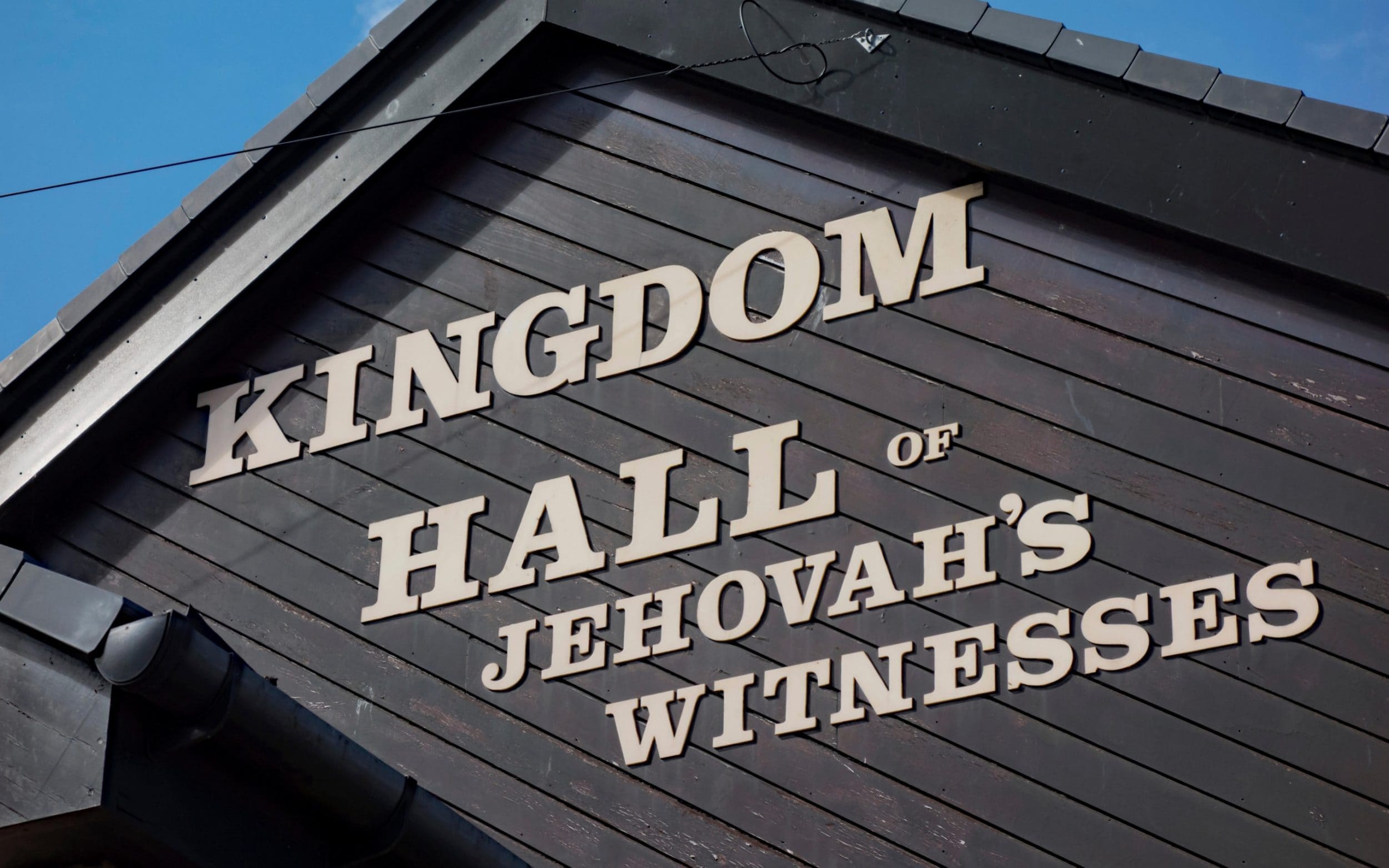A teenage Jehovah’s Witness must have a blood transfusion to save her life despite her religious objections, a senior judge ruled today.
The High Court heard doctors must go ahead with the procedure because, although the 15-year-old is intelligent and able to make her own decisions, she should not be allowed to die.
But Sir James Munby said his ruling had been made in great haste because of the girl’s condition and that she may be able to refuse transfusions in the future.
He called for judges to reconsider legal precedents set down nearly 30 years ago which says that children should have no say in whether they accept medical treatment they do not want.
The case mirrors the dilemmas faced by the family court judge played by Emma Thompson in 2017’s The Children Act.
READ ALSO: Biden Is Considering SUING Trump Official
In the film, based on the novel by Ian McEwan, the judge orders that a 17-year-old Jehovah’s Witness suffering from leukaemia must have a blood transfusion despite his objections. However, the boy later dies after refusing a further transfusion.
Sir James, a former president of the Family Division who was in charge of the family courts until 2018, said following last month’s hearing that the 15-year-old suffers from sickle cell syndrome.
Without a blood transfusion, she was at risk of a stroke that would leave her disabled, or of dying. He said: ‘The blood transfusion is imperatively needed and within a timescale measured in hours and not days.
‘At one point, her doctor lamented that four hours had gone by because of the judicial proceedings.’
Sir James said the girl, who is ‘wise beyond her years’, had recently been baptised as a Jehovah’s Witness and had ‘profound religious beliefs’.
The group believes it is against God’s will to receive blood. He said he would allow the top-up transfusion because if he didn’t he would run a ‘very real risk’ of ‘serious harm to her future health and welfare’ – and potentially her life.
But he said the High Court should reconsider whether the girl should have greater rights to refuse medical treatment before future transfusions up to the age of 18 – when she will be legally entitled to refuse medical treatment.
The law on the rights of children to refuse treatment follows a 1970s ruling which says the beliefs of Jehovah’s Witnesses must be given the same respect as those of other religions, and early 1990s Appeal Court decisions.
These say that courts must decide what are the best interests of under-16s, while those aged 16 and 17 are allowed a say in their treatment, although this can be overruled in exceptional cases.










